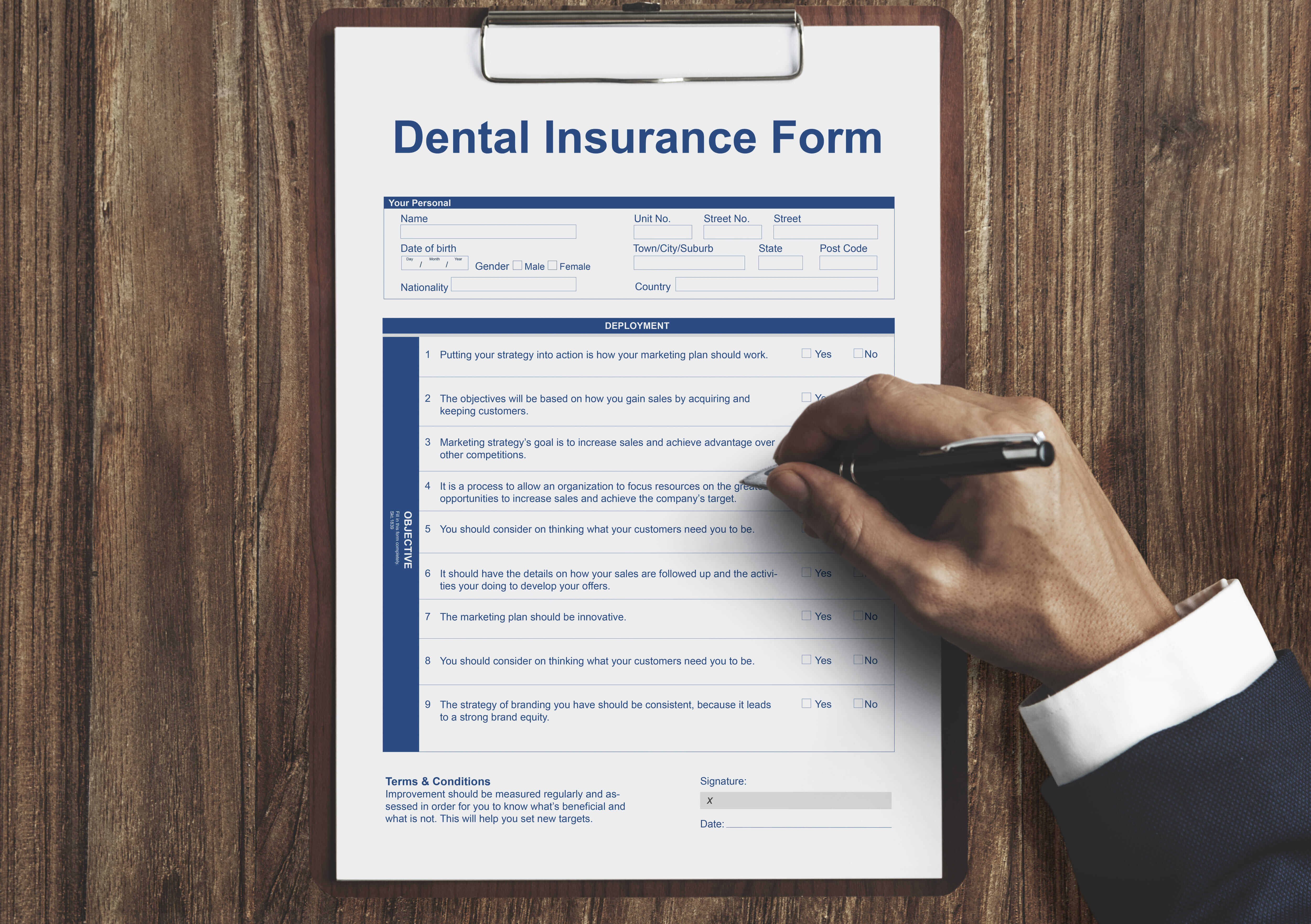The Pursuit of Dental Implant Continuing Education

Dental professionals play a vital role in the healthcare industry. They are responsible for ensuring that patients receive the best possible dental care and treatment. However, with advancements in technology and research, dental professionals need to keep themselves up-to-date with the latest trends and techniques, especially to maintain their skills, knowledge, and expertise.
What Is Continuing Education?
Continuing education (also known as adult education or lifelong learning) is the process of pursuing education beyond traditional schooling, such as high school or college. It is a way for individuals to expand their knowledge, skills, and competencies throughout their lives.
Continuing education can take many forms, including formal courses, seminars, workshops, conferences, online learning, and self-directed study. The goal of continued education is to help individuals stay up-to-date with the latest developments in their field or to acquire new skills and knowledge to advance their career or personal interests.

Who Is It for?
Dental implant continuing education is essential for all dental professionals, including dentists, dental hygienists, dental assistants, and administrative staff. It is necessary to maintain their skills, knowledge, and expertise in providing optimal patient care and staying abreast of the latest advancements in technology, techniques, and treatments.
Why Should It Be Prioritized?
Dentists who pursue continuing education are also more likely to develop a deeper understanding of dental science and stay up-to-date with the latest research findings. This knowledge can help them provide evidence-based care and make informed treatment decisions, leading to better overall patient outcomes. Continual learning and development also helps practices:
Stay Updated with the Latest Trends
Continuing education allows dental professionals to stay updated with the latest trends, techniques, and advancements in the industry. With technology advancing rapidly, new dental procedures and treatments are being developed constantly. Continuing education enables dental professionals to keep up with these developments, which helps them provide better and more effective treatments to their patients. By staying up-to-date with the latest trends, dental professionals can offer the most advanced and effective treatments to their patients.
Enhance Skills and Knowledge
Continuing education helps dental professionals to enhance their skills and knowledge. Dental professionals are trained to provide a wide range of services, from routine checkups to complex dental procedures. Continuing education provides an opportunity to acquire new skills and knowledge, which helps dental professionals improve their performance and patient outcomes. It also enables dental professionals to learn about new techniques and equipment, which can help them provide better treatment and care to their patients.
Meet Licensing Requirements
Continuing education is often a requirement for dental professionals. In most states, dental professionals must complete a certain number of continuing education hours every year to renew their license. This requirement ensures that dental professionals maintain their competence and keep up with the latest developments in the industry. By meeting licensing requirements, dental professionals can ensure that they are providing the highest level of care to their patients.
Improving Patient Care
Pursuing continuing education can help dental professionals acquire new skills and knowledge that can enhance patient care. For example, dental professionals can learn about new technologies, treatment modalities, and best practices that can improve patient outcomes.
Meeting Accreditation Requirements
Dental practices that seek accreditation from professional organizations may need to demonstrate that their staff members have completed a certain amount of continuing education. Pursuing continuing education can help dental practices meet these requirements and demonstrate their commitment to high standards of care.
Staying Competitive
Continuing education can help dental practices stay competitive by providing opportunities to learn about new techniques and procedures that can make their practice stand out. By staying up-to-date with the latest developments in the field, dental practices can offer high-quality services that meet the needs of their patients.
Methods of Dental Implant Continuing Education
Continuing education programs may cover a variety of topics, such as clinical skills, technology, patient care, practice management, ethics, and professional development. Dentists can choose the type of education that best suits their learning style and career goals, and can often earn continuing education credits that are required for licensure renewal. Types of continuing education options include:
Attending conferences, seminars, and workshops: Dental professionals can attend conferences, seminars, and workshops to learn about the latest developments in the field, including new techniques, technologies, and treatment modalities. These events can provide opportunities to network with other dental professionals and to learn from experts in the field.
Online learning: Many dental organizations offer online learning programs, which allow dental professionals to complete continuing education courses at their own pace. Online PTE learning can be a convenient and cost-effective way to stay up-to-date with the latest developments in the field.
In-office training: Dental practices can bring in experts to provide in-office training on specific topics, such as infection control or patient communication. This type of training can be tailored to the specific needs of the practice and can help to improve the skills of the entire team.
Self-directed study: Dental professionals can pursue self-directed study by reading articles, books, and journals related to dentistry. This can be a cost-effective way to stay current with industry developments, and it can be done on an individual basis.
Summary
Continuing education is crucial for dental professionals to stay up-to-date with the latest trends and advancements in the industry. It also helps them enhance their skills and knowledge, meet licensing requirements, and provide better patient care. By investing in continuing education, dental professionals can ensure that they are providing the best experience for their patients and staying competitive in the healthcare industry.

















